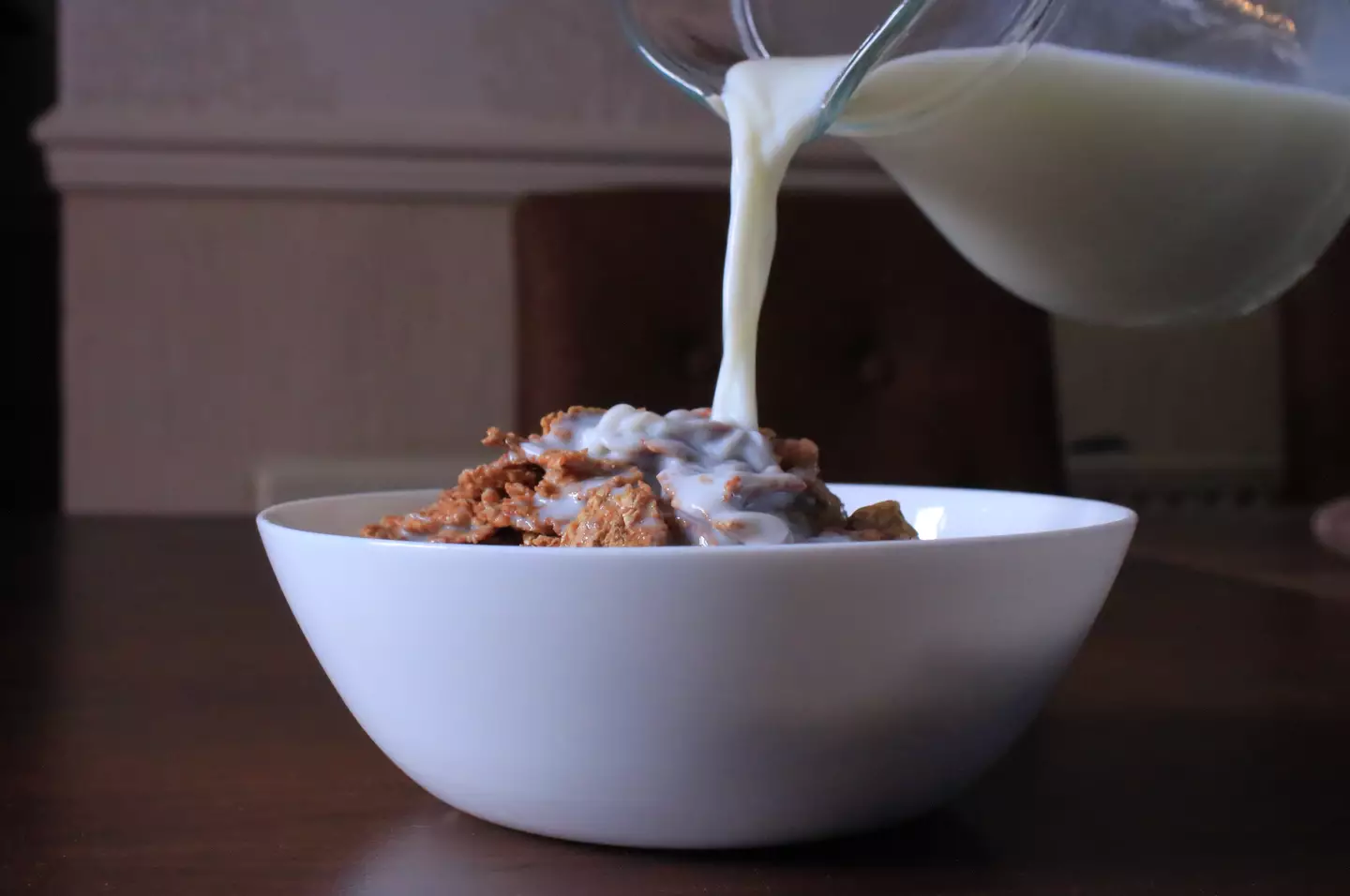
Amidst concerns about the growing rate at which under-50s are developing bowel and colon cancer, many of us are re-evaluating our diets in a bid to keep our digestion regular, comfortable, and cancer-free.
Of course, along with avoiding certain foods there are some dietary changes you can make that should help to keep things moving. A high-fibre diet in combination with drinking at least two to two-and-a-half litres of water each day can keep your guts strong, make your poos more consistent, and help you to avoid constipation.

With that bit ticked off, let’s look at the foods we should consider ditching for the good of our guts:
Artificial sweeteners
Sugar alternatives might spare you the calories and some of the dental risks associated with high-sugar foods and drinks, but experts believe they may have a nasty effect on our guts.
Advert
Nutritional scientist Toral Shah told the BBC: “In the past, experts believed artificial sweeteners had no effect on the body because they were considered inert.
“This is because our digestive enzymes are unable to break them down, so they typically pass through our system without being altered.”
However, some animal-based studies have shown that artificial sweeteners like aspartame can have a negative effect on their gut bacteria. A healthy gut microbiome – large amounts of healthy bacteria that aid in digestion and are believed to have broader benefits for our physical and mental health – is essential for a happy gut.
However, studies on animals may give us clues as to how human bodies react to things, but it’s not a 1:1 comparison. More research is needed, but some studies on humans’ gut bacteria have conflicting with the findings in animals.

Alcohol
Yes, we know it’s not technically a ‘food’, but it’s certainly a dietary factor that’s worth considering if you’re concerned about your digestive system.
Alcohol has been shown to impact gut bacteria – likely because it has antiseptic qualities – and it can also cause inflammation in the oesophagus and the stomach lining.
Chronic inflammation of this type is called gastritis, and alcohol can be a trigger for this painful condition that, when left untreated, can lead to ulcers, internal bleeding, and a heightened risk of stomach cancer.
Evidence for this inflammatory and bacteria-killing effect is supported by a 2017 study examining the effects of alcohol on digestion and immunity.
It said that ‘alcohol can induce intestinal inflammation through a cascade of mechanisms that subsequently lead to inflammation and organ dysfunction throughout the body, in particular in the liver and brain’.
High-sugar foods
Foods with high sugar content can be bad news for our guts if we eat them too often. Things like ice cream, cereal bars, cakes, fruit juice and gummy sweets all fall into this bracket, among others, with the sugar triggering gut inflammation that can damage protective mucus and negatively affected the microbiome.
The BBC cited a study that showed an increased risk of gut diseases in mice who were fed a lot of sugar, although again such studies aren’t necessarily indicative of the true effect on humans.
One study found that mice who consumed a large amount of refined sugar had high instances of gut disease, including colitis.
The NHS recommends that adults consume no more than 30g per day of ‘sugars added to food or drinks and sugars found naturally in honey, syrups and unsweetened fruit and vegetable juices, smoothies and purees’.
Fried foods
Our guts can struggle with digesting foods cooked in oils or deep fried in saturated and trans fats, and those same facts can also have a negative effect on healthy gut bacteria.
Reducing the amount of oil you use in your cooking is a good idea, and you can achieve it via stir frying your grub or by sticking it in an air fryer.

Ultra-processed foods (UPFs)
While the definition around UPFs is pretty hazy, the broad strokes cover any food manufactured with artificial ingredients like emulsifiers, flavour enhancers and other additives.
Bacon, ham, sausages, breakfast cereals, ice creams, biscuits, and fast food all fall into the category, among others.
Along with being loosely-defined, it’s unclear what the true impacts of them may be. A study published in the British Medical Journal in February 2025 linked UPFs to 32 health problems, with the impact seemingly being focused on the gut microbiome and increased inflammation.
Other studies have suggested that some additives and emulsifiers common to UPFs can damage the gut’s protecting lining, resulting in inflammation, heartburn, weight gain and constipation.
If you don’t want to cut these foods out entirely, experts typically recommend opting for an 80/20 balance: split your diet between 80% ‘healthy foods’ and 20% ‘unhealthy’ treats like UPFs, high-sugar foods and the like.
